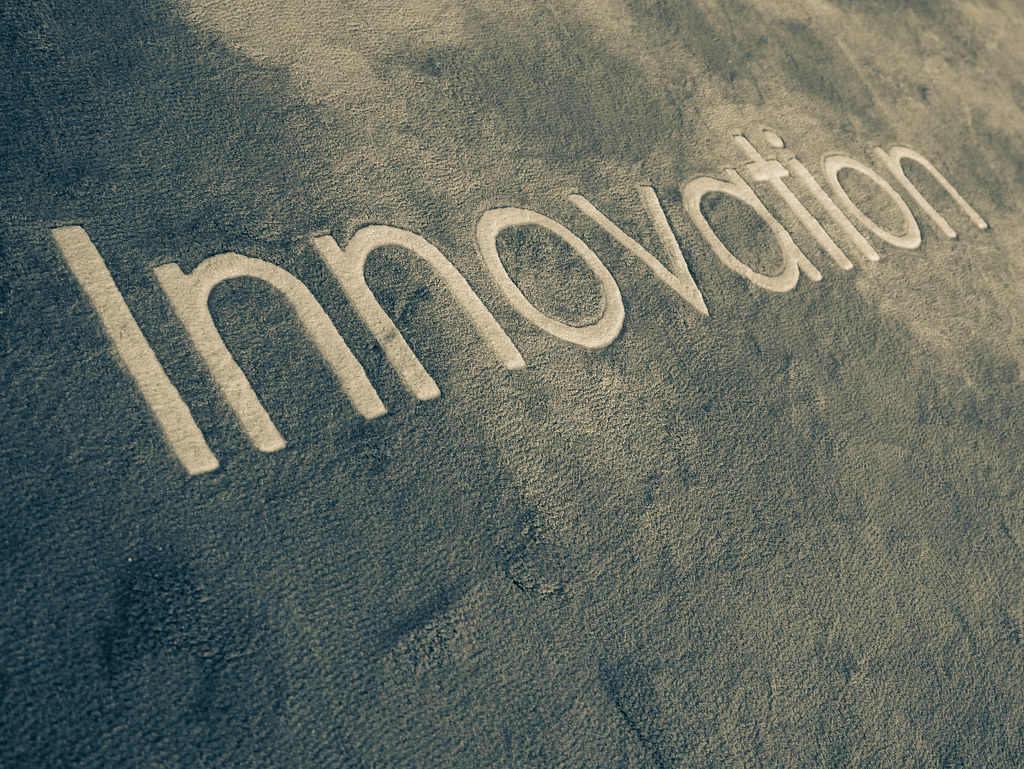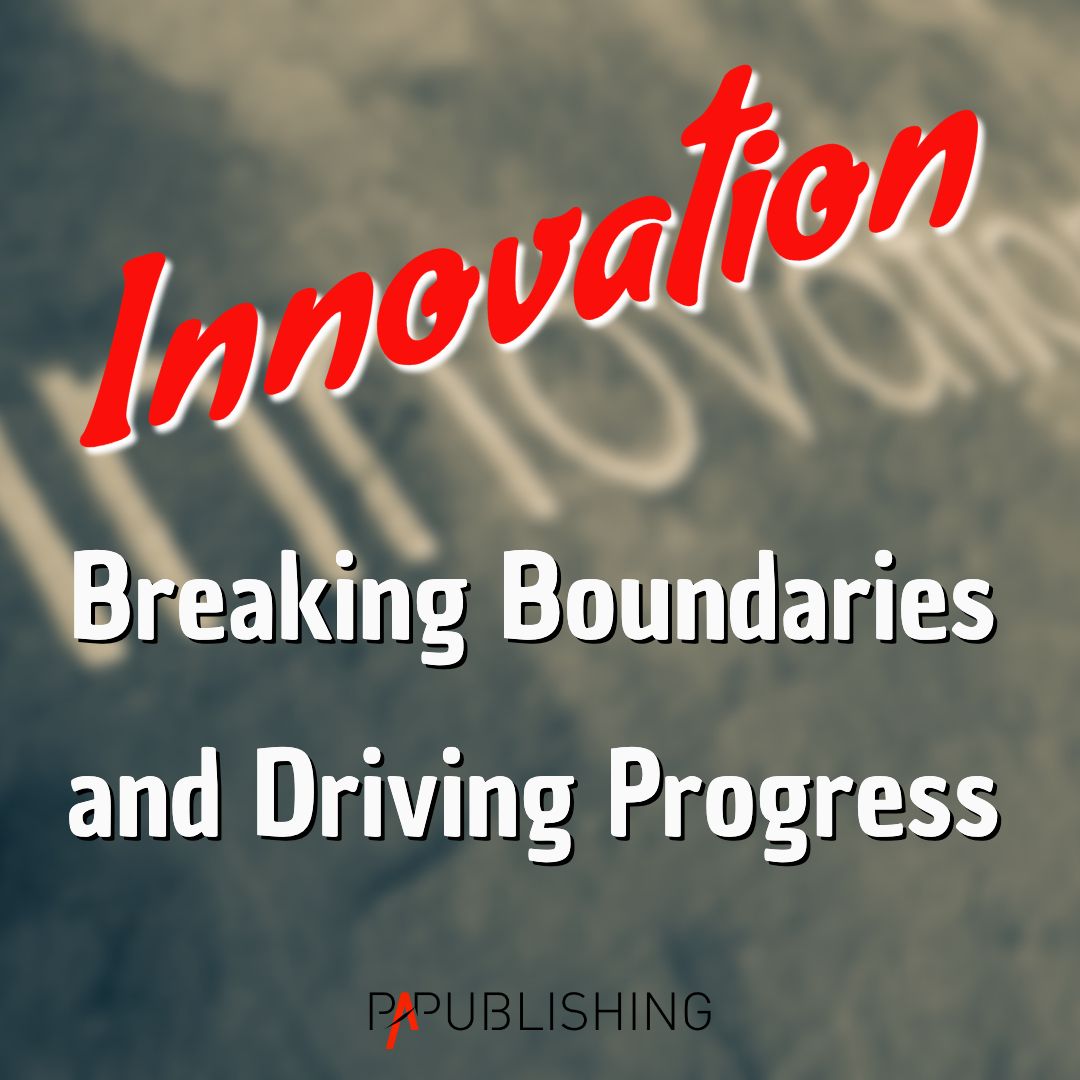Breaking Boundaries and Driving Progress
Innovation
Innovation has been at the forefront of human progress throughout history. From the wheel to the internet, innovative ideas have broken boundaries and driven progress. Innovation is the key to creating new industries, improving economies, and building a better future. In this article, we will explore the impact of innovation and discuss several notable examples.
What is innovation?
Innovation can be defined as the development and implementation of new ideas, products, or processes that create value for individuals or society. Innovation can be incremental (small improvements to existing products or processes), or disruptive (creating entirely new products or processes that revolutionize an industry). Innovation can occur in any industry or field, from healthcare to technology.
Why is innovation important?
Innovation is important for several reasons. First, it drives progress and economic growth. Innovative ideas can create new industries, disrupt existing ones, and improve productivity. Second, innovation can lead to social progress. New technologies, products, and services can address social and environmental issues, improve access to education and healthcare, and raise the standard of living. Finally, innovation can improve the quality of life for individuals. Innovative products and services can improve convenience, comfort, and safety.
Notable examples of innovation
There are countless examples of innovation throughout history. Here are just a few notable examples:
– The internet – The World Wide Web was invented in 1989 by British computer scientist Tim Berners-Lee. Today, the internet has revolutionized the way we communicate, learn, and do business.
– The printing press – Invented by Johannes Gutenberg in the 15th century, the printing press allowed for the mass production of books and helped spread knowledge throughout Europe.
– The automobile – Invented in the late 19th century, the automobile transformed transportation and led to the development of the modern highway system.
– Penicillin – Discovered in 1928 by Scottish scientist Alexander Fleming, penicillin was the first antibiotic and revolutionized medicine.
Innovation and society
Innovation has the power to transform society in profound ways. For example, advances in medical technology have led to longer lifespans and improved quality of life for many people. Innovations in renewable energy are helping to address climate change and reduce dependence on fossil fuels. Artificial intelligence and robotics are revolutionizing industries such as manufacturing and logistics.

FAQs Innovation and Creativity
Q: What is the difference between incremental and disruptive innovation?
A: Incremental innovation involves making small improvements to existing products or processes, while disruptive innovation creates entirely new products or processes that fundamentally change an industry.
Q: Can innovation occur in any industry or field?
A: Yes, innovation can occur in any industry or field, from healthcare to technology.
Q: How does innovation improve society?
A: Innovation can lead to a variety of social benefits, such as improved access to education and healthcare, reduced environmental impact, and increased productivity.

